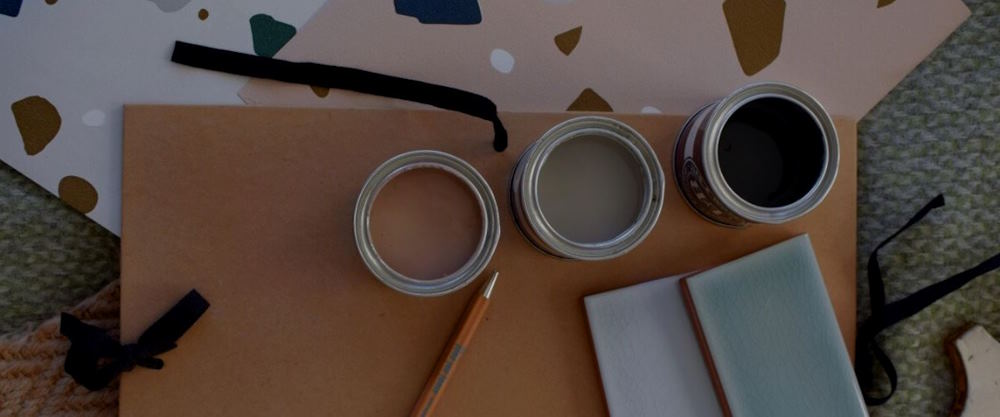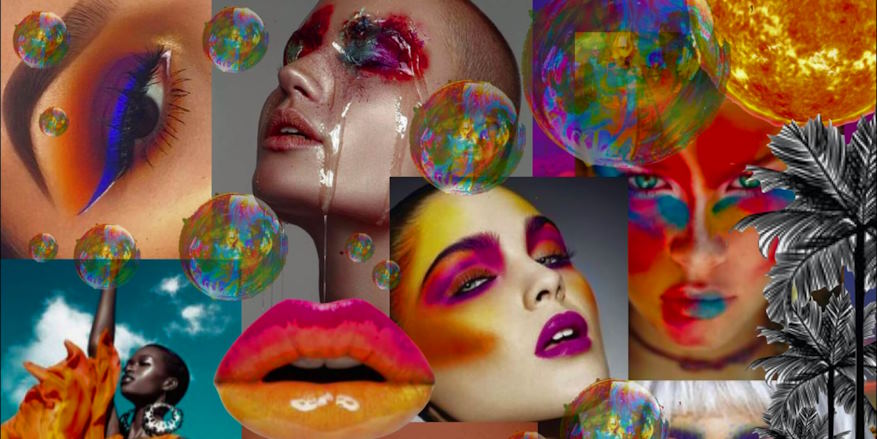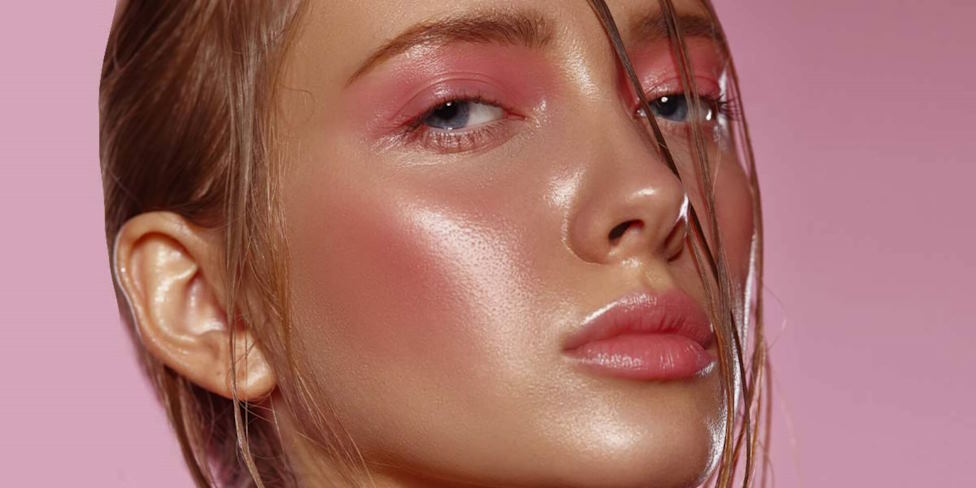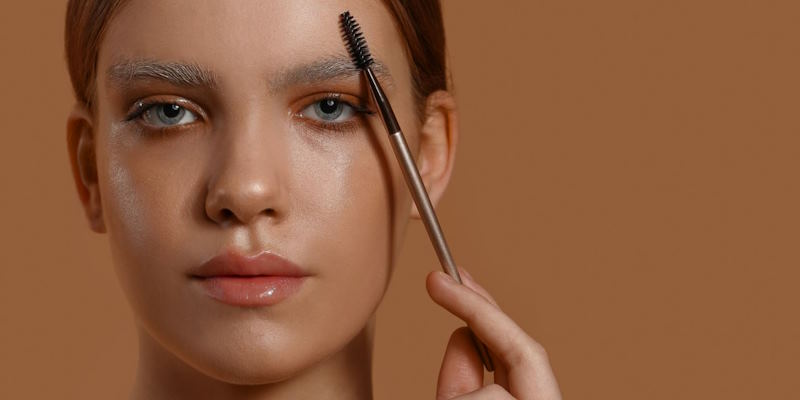Collect Inspirational Images
The heart of any moodboard is the collection of inspirational images that reflect your concept and vision. Look for images that resonate with your idea of the makeup look you want to achieve. These images can come from various sources, such as fashion magazines, beauty editorials, social media platforms, and even photographs you’ve taken yourself. Aim to have diverse images that showcase different makeup styles and techniques.
Organize and Curate
Once you’ve gathered a selection of images, it’s time to organize and curate them to create a cohesive moodboard. You can use digital tools like Pinterest or moodboard apps to arrange and group the images based on their themes or specific elements. Alternatively, if you prefer a physical moodboard, print the images and arrange them on a corkboard or foam board. The goal is to create a visual narrative that flows seamlessly from one image to the next.
Consider Color and Texture
As a makeup artist, color and texture are essential elements of your work. Pay attention to the color palette and textures represented in the images you’ve chosen. Identify the dominant colors and textures that align with your concept, and ensure they are evident in your moodboard. It will help you focus on your vision and ensure the final makeup look is cohesive and harmonious.

Add Supporting Elements
In addition to images of makeup looks, consider adding supporting elements to your moodboard. These could include fabric swatches, magazine tear-outs of clothing and accessories, or even inspirational quotes that capture the essence of your concept. These supporting elements will provide additional context and enhance the overall mood of your moodboard.
Edit and Refine
After creating your initial moodboard:
- Take time to step back and evaluate the overall composition.
- Make necessary edits and refinements to ensure the moodboard accurately reflects your vision.
- Remove any images or elements that feel out of place or don’t align with your concept.
The goal is to create a focused, cohesive moodboard that effectively communicates your makeup ideas.
Present Your Moodboard
Once your moodboard is complete and refined, you can present it to your clients and collaborators or use it as a reference for your work. Whether working with a client for a specific project or building your portfolio, your makeup artist moodboard will be a valuable tool to convey your creative vision and bring your makeup looks to life.




